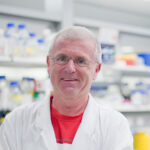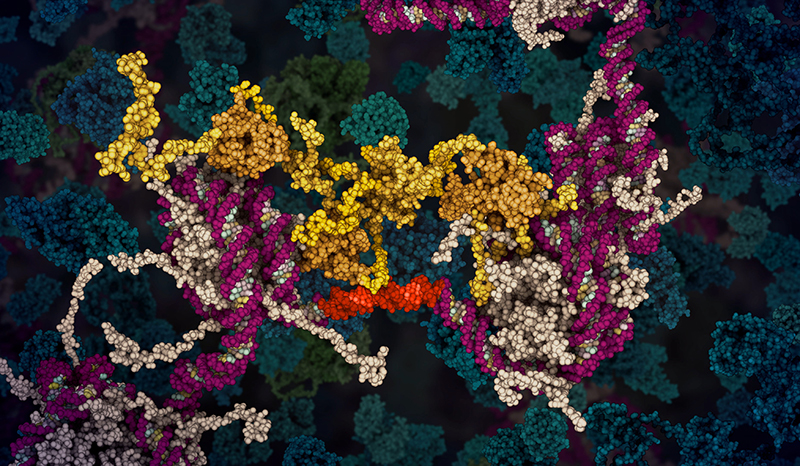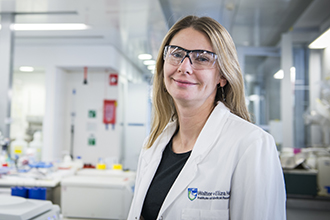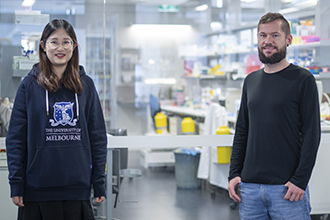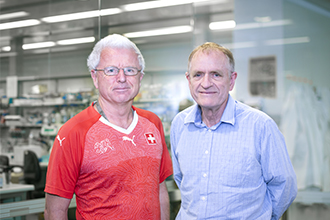All students and postdocs in my group have clearly demarcated projects. This helps maximise the areas of research that we can tackle. When work within an area needs to be accelerated, help is provided by other members from the lab, particularly research assistants.
We collaborate closely with the Kelly, Sutherland and Putoczki laboratories as well as with many other laboratories within WEHI and many laboratories elsewhere in Australia and overseas.
Many past members of our group are now directors of medical research institutes in Australia (such as Marco Herold, Chief Executive Officer, Oliver Newton John Cancer Research Institute, Melbourne; Marc Pellegrini, Executive Director, Centenary Institute, Sydney), department heads or laboratory heads at WEHI or leading research organisations in Europe or the US.


